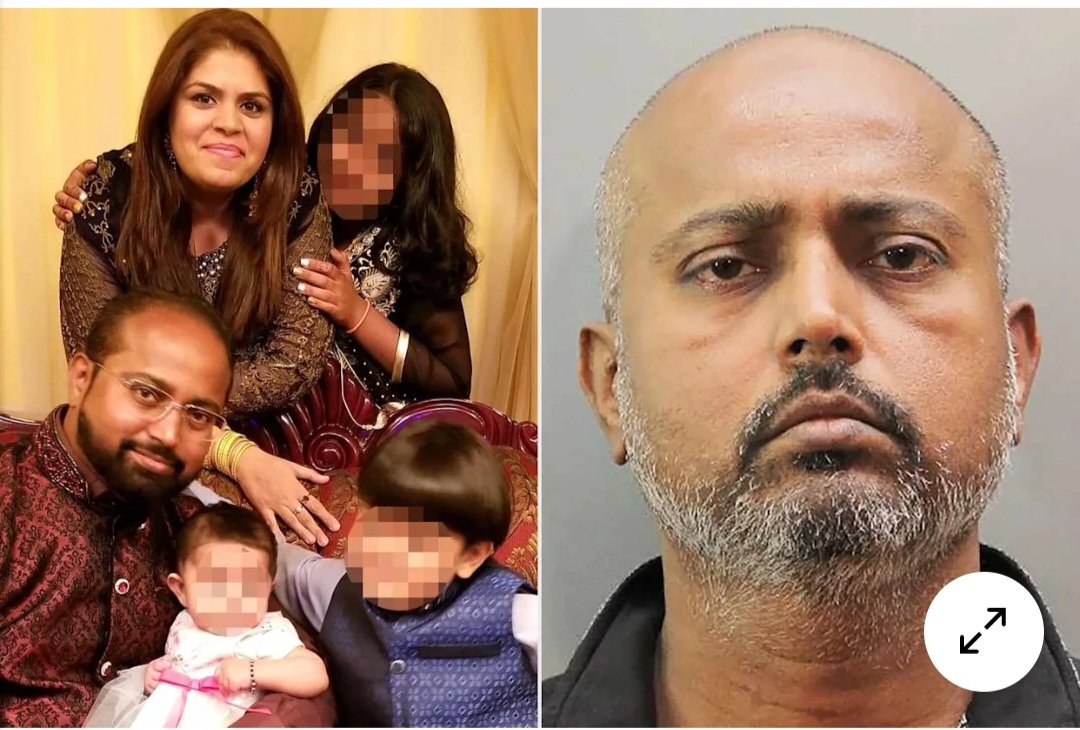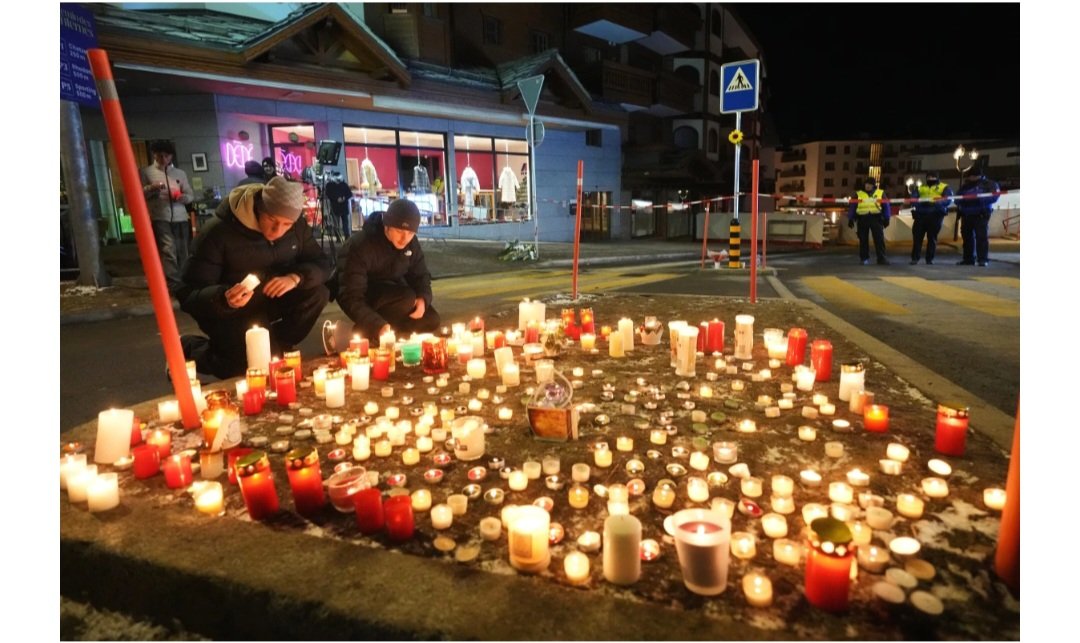
Denmark has formally apologized to more than 4,500 Inuit women in Greenland who were subjected to a decades-long forced contraception campaign between 1960 and 1992. The practice, carried out under Danish authority, left many of the women sterile and inflicted lasting physical and psychological trauma.
On Wednesday, Danish Prime Minister Mette Frederiksen acknowledged the state’s responsibility, expressing deep regret.
“What happened cannot be changed, but responsibility can be taken. Therefore, on behalf of Denmark, I would like to say: I am sorry,” Frederiksen said.
She added that her apology also extended to other “dark chapters” of systematic discrimination against Greenlanders, recognizing a broader legacy of injustice during Denmark’s colonial and post-colonial administration.
The campaign, intended to reduce Greenland’s Inuit birth rate, targeted roughly half of the island’s 9,000 Inuit women. Authorities forced them to use intrauterine devices (IUDs) without their knowledge or consent. Many were teenagers at the time and were left with life-altering consequences, including infertility and long-term health complications.

The policy emerged as Greenland’s population rapidly grew due to improvements in health and living conditions. Although Greenland became formally integrated into the Danish state in 1953, it was only granted home rule in 1979, eventually assuming control of its own health care system in 1992 — the same year the forced contraception program ended.
Greenland’s Prime Minister Jens-Frederik Nielsen also issued an apology, directly addressing the victims.
“You have been exposed to — and lived with the consequences of — interventions you did not ask for nor had control over,” Nielsen said.
About 150 women have filed lawsuits against Denmark, seeking compensation for the violations of their rights.
The apology comes just one month before the release of a long-anticipated investigative report into the forced contraception program. Advocates and victims hope the findings will provide a clearer picture of the scale of abuses and pave the way for reparations.

Denmark’s official apology marks a rare admission of responsibility for colonial-era and post-colonial practices. For many Inuit women in Greenland, however, the scars of this policy remain a painful reminder of state-sanctioned control over their bodies and futures.
Credit: dw.com








